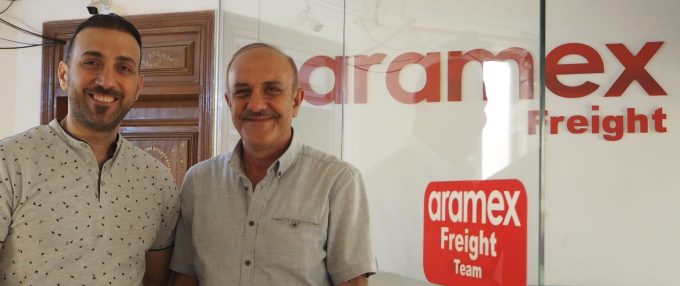Airports should enforce digitisation to improve air cargo, say stakeholders
Airports should mandate that stakeholders digitise through the use of cargo community systems – and ...

Steep rates and jacked-up insurance premiums make Baghdad-bound airfreight a costly enterprise, with excessive bureaucracy and unwieldy, old-fashioned clearance processes, leaving forwarders struggling to provide decent services.
“Insuring freight shipments is expensive and traders spend huge amounts of money on both this and freight costs, so they should be expecting a good service, but they’re actually paying a high price for a weak service,” Aramex’s Iraq freight operation leader, Samer Ali, told The Loadstar.
“But our customers know the whole picture, so the ...
Keep our news independent, by supporting The Loadstar
Volume surge and an early peak season? 'Don't celebrate too soon,' warning
Container spot rates diverge: to Europe still falling, but firmer to the US
Ecommerce likely the front-runner in resurge of transpacific trade after deal
Hapag-Lloyd won't take bookings if port congestion leaves cargo stranded
China-US trade tariff pause could drive a rebound for transpacific rates
Shippers should check out the 'small print' in China-US tariff cuts
Service chaos from trade ban with India a problem for Pakistan shippers
Carriers impose 'emergency operation' surcharges on Pakistan cargo
Airfreight rates ex-China 'loss-making', but hopes of a trade deal stay high
Serious threat to jobs in US logistics as tariffs cause economic 'stagflation'
15% rebate for box ships as Suez Canal Authority woos carriers
White House u-turns see freighters flying but keep logistics players on their toes
MSC in terminal switch as Nhava Sheva gets strong start to new fiscal year
Peak season or recession? Forwarders and shippers need to 'stay flexible'
Volga-Dnepr claims 'pirate' Canada has 'hijacked' its stranded aircraft


Comment on this article